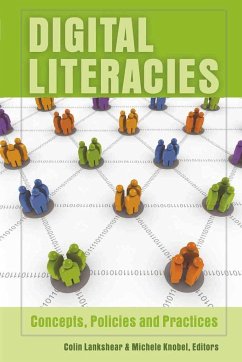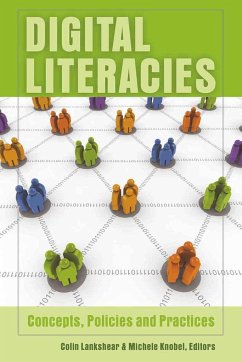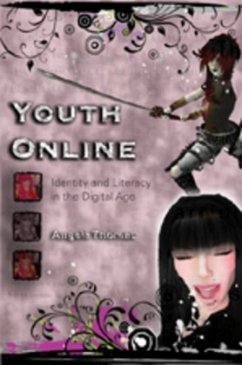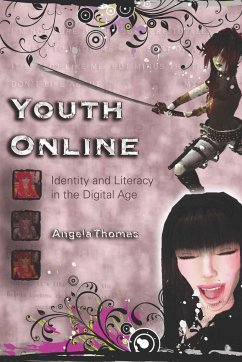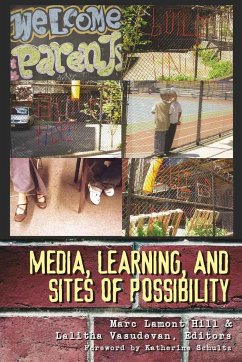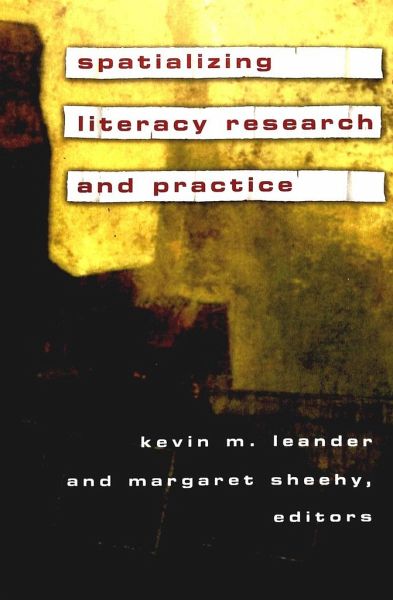
Spatializing Literacy Research and Practice
Versandkostenfrei!
Versandfertig in 6-10 Tagen
36,55 €
inkl. MwSt.

PAYBACK Punkte
0 °P sammeln!
Current research on literacy often conceives space as a container within which social practice occurs. In sharp contrast, this edited collection argues that literary practice and social space are produced in relation to one another. Contributors to this collection consider how a spacial analysis provides entirely new information for the interpretation of literary practice. Traversing geography and literacy studies, drawing on Bakhtin, Deleuze and Guattari, Lefebvre, Soja, and a range of other theorists, contributors analyze space/literacy relations in diverse settings, including classrooms, pr...
Current research on literacy often conceives space as a container within which social practice occurs. In sharp contrast, this edited collection argues that literary practice and social space are produced in relation to one another. Contributors to this collection consider how a spacial analysis provides entirely new information for the interpretation of literary practice. Traversing geography and literacy studies, drawing on Bakhtin, Deleuze and Guattari, Lefebvre, Soja, and a range of other theorists, contributors analyze space/literacy relations in diverse settings, including classrooms, prisons, streets, institutional programs, homes, and the popular media.






